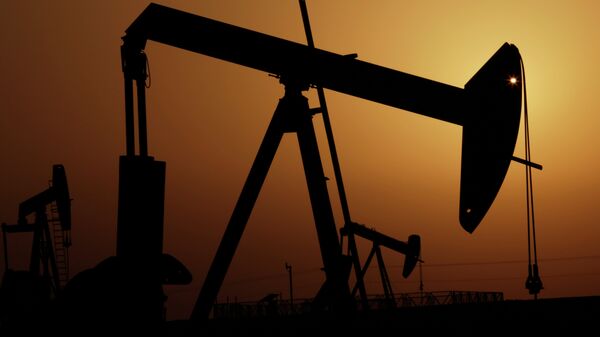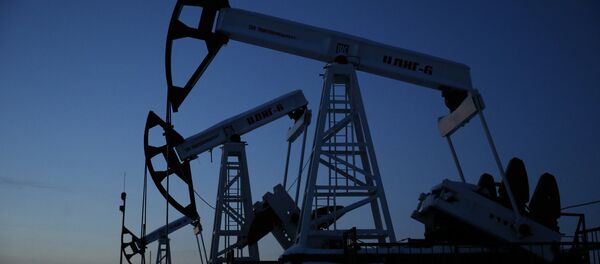Saudi Arabia's willingness to freeze oil production could be more driven by political factors than economic ones, as it seeks to appease fellow OPEC members, according to Bloomberg analyst Julian Lee.
Oil prices rose ahead of news of a meeting between OPEC and other leading oil producers, which is planned for late March, and news that leading US shale oil companies had slashed output targets. Lee was a senior energy analyst for the Centre for Global Energy Studies, a now-defunct Saudi Arabian think tank for oil market studies.
"The answer, of course, is that the Saudis probably don't want the price to rise much above its current level, at least not yet. At the same time, they don't want to be seen as deaf to the pleas of fellow OPEC members who are much less able to withstand the price drop," Lee wrote.
Venezuela was the OPEC country which initiated calls for a meeting between OPEC, Russia and other oil producers.
US shale oil producers began reducing production targets in February, despite previously keeping lower-cost wells running while idling higher-cost production wells. At a February oil executives' meeting in Houston, Saudi Arabia's oil minister Ali al-Naimi told high-cost producers that to survive the low prices, they have to "lower costs, borrow cash or liquidate."




